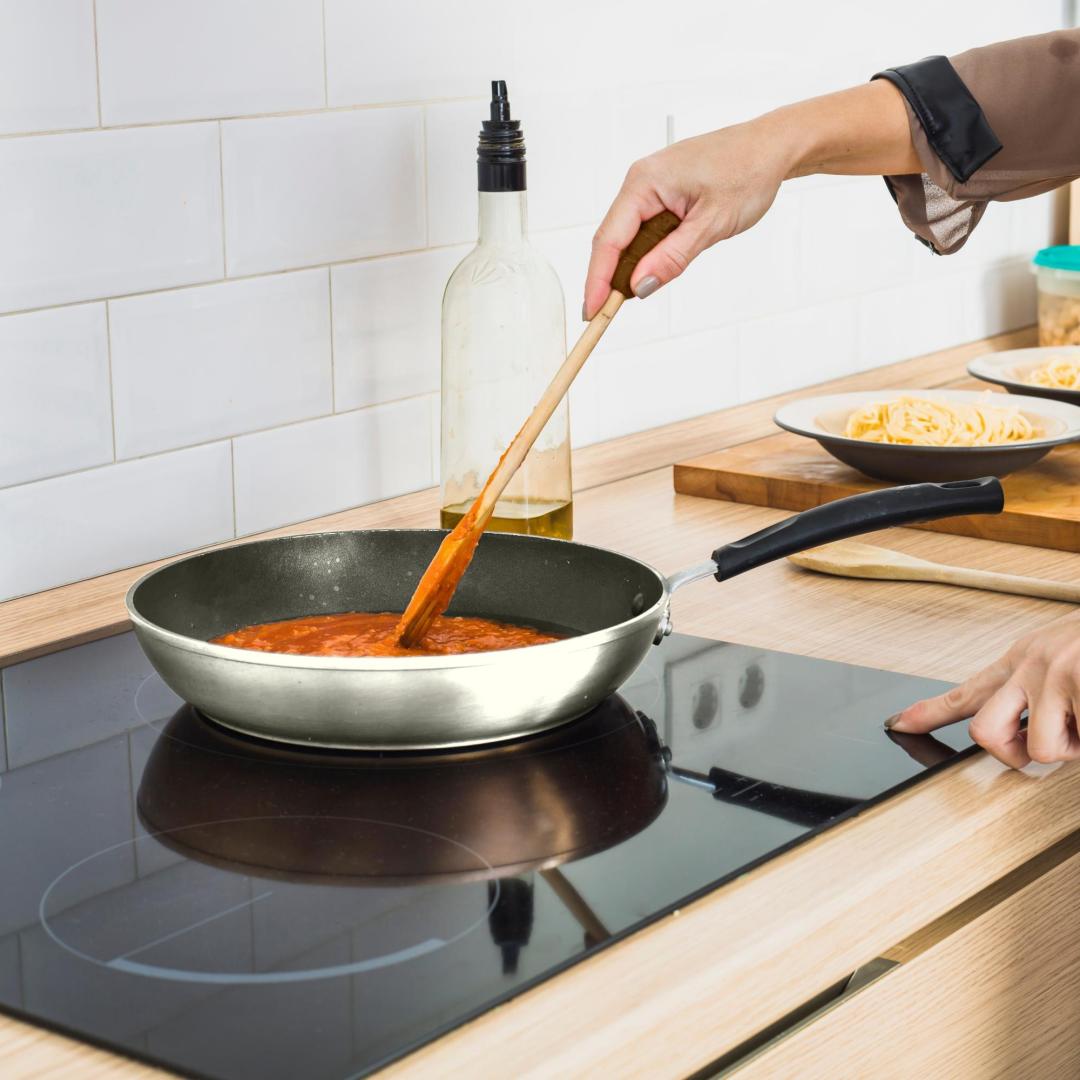Cast iron cookware is a beloved staple in kitchens around the world, prized for its durability and excellent heat retention. However, one of the biggest challenges of owning cast iron is preventing rust. Rust not only affects the appearance of your cookware but can also compromise its performance. In this blog, we’ll explore effective strategies to prevent rust on your cast iron items, ensuring they remain in excellent condition for years to come.
Understanding Rust on Cast Iron
Rust forms when iron is exposed to moisture and oxygen over time. In the case of cast iron, this can occur if the cookware is not properly seasoned, cleaned, or stored. Fortunately, with a few simple precautions, you can keep your cast iron cookware rust-free.
Tips to Prevent Rust on Cast Iron
1. Season Your Cast Iron Regularly
- What is Seasoning?: Seasoning is the process of applying a thin layer of oil to the cast iron surface and baking it to create a protective non-stick coating.
- Frequency: Season your cast iron cookware regularly, especially after heavy use or cleaning. Aim to re-season every few months or whenever you notice food starting to stick.
2. Clean Properly After Use
- Avoid Soaking: Never soak your cast iron in water. Instead, rinse it with hot water immediately after cooking.
- Use Minimal Soap: While it’s best to avoid soap, a small amount can be used if necessary. Just be sure to rinse thoroughly afterward.
- Scrub Gently: Use a stiff brush or non-metal scrubber to remove food particles. For stubborn residue, use a paste of baking soda and water.
3. Dry Thoroughly
- Immediate Drying: After washing, dry your cast iron cookware immediately with a clean towel.
- Heat to Dry: To ensure complete dryness, place the cookware on low heat on the stovetop for a few minutes. This helps evaporate any remaining moisture.
4. Store in a Dry Place
- Avoid Humidity: Store your cast iron cookware in a cool, dry environment. Humidity can lead to rust formation.
- Use a Paper Towel: Place a paper towel inside the cookware to absorb moisture and prevent rust while in storage.
5. Use Cooking Oil for Protection
- Light Coating: Before storing, apply a thin layer of cooking oil to the surface of your cast iron. This additional layer of protection helps prevent moisture from contacting the iron.
- Choose the Right Oil: Use oils with high smoke points, such as vegetable oil, canola oil, or flaxseed oil.
6. Avoid Cooking Acidic Foods
- Limit Acidic Ingredients: Cooking highly acidic foods (like tomatoes or vinegar) for extended periods can strip the seasoning and expose the iron to moisture. If you do cook acidic foods, re-season the cookware afterward.
7. Inspect Regularly
- Check for Signs of Rust: Regularly inspect your cast iron cookware for any signs of rust. If you notice any, address it immediately by scrubbing it away and re-seasoning the pot.
8. Consider Using a Dutch Oven or Enameled Cast Iron
- Enameled Options: If you’re particularly concerned about rust, consider investing in enameled cast iron cookware. The enamel coating protects the iron from moisture and eliminates the need for seasoning.
Preventing rust on cast iron cookware is essential for maintaining its performance and longevity. By following these tips—seasoning regularly, cleaning properly, drying thoroughly, and storing wisely—you can keep your cast iron in pristine condition. Embrace the beauty and functionality of cast iron cooking, and enjoy the delicious meals it can help you create.
